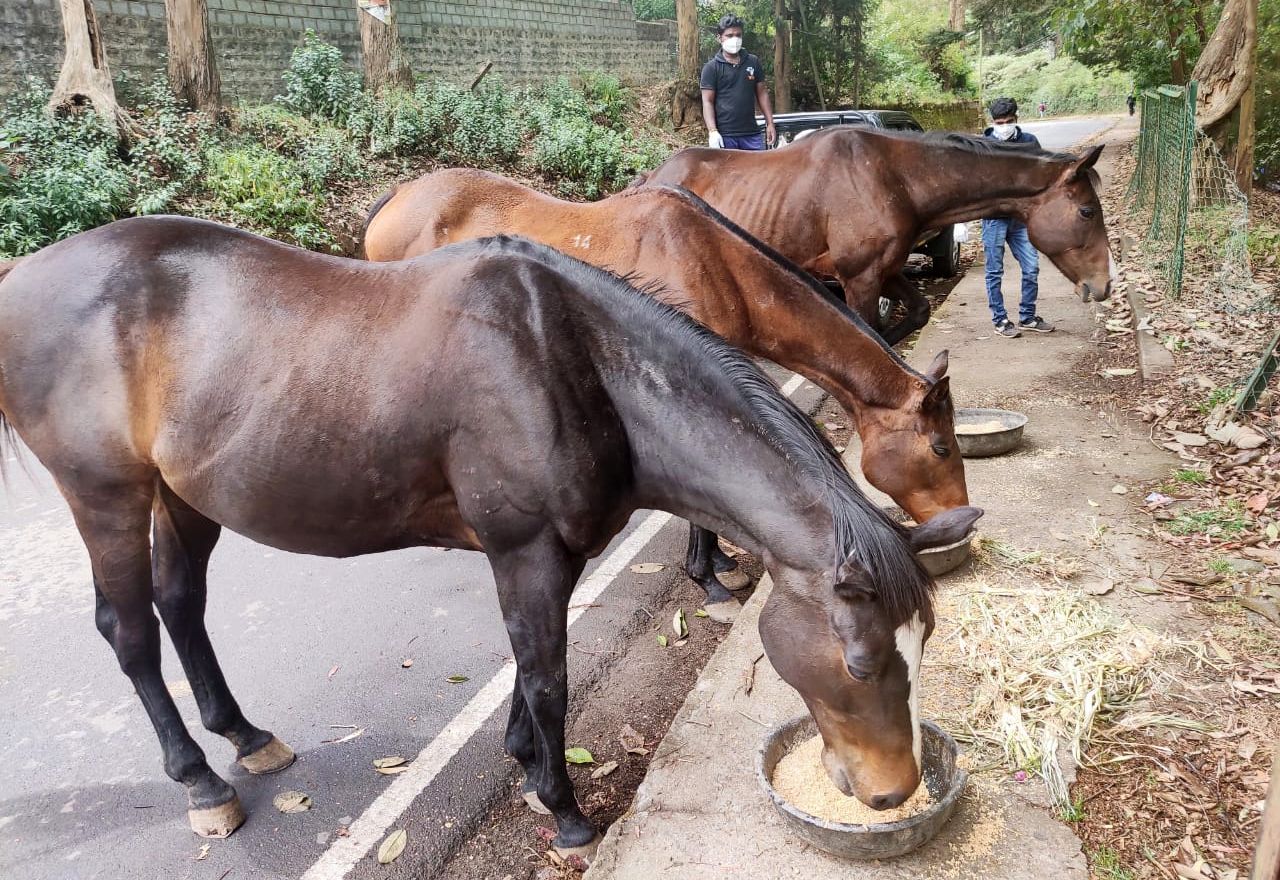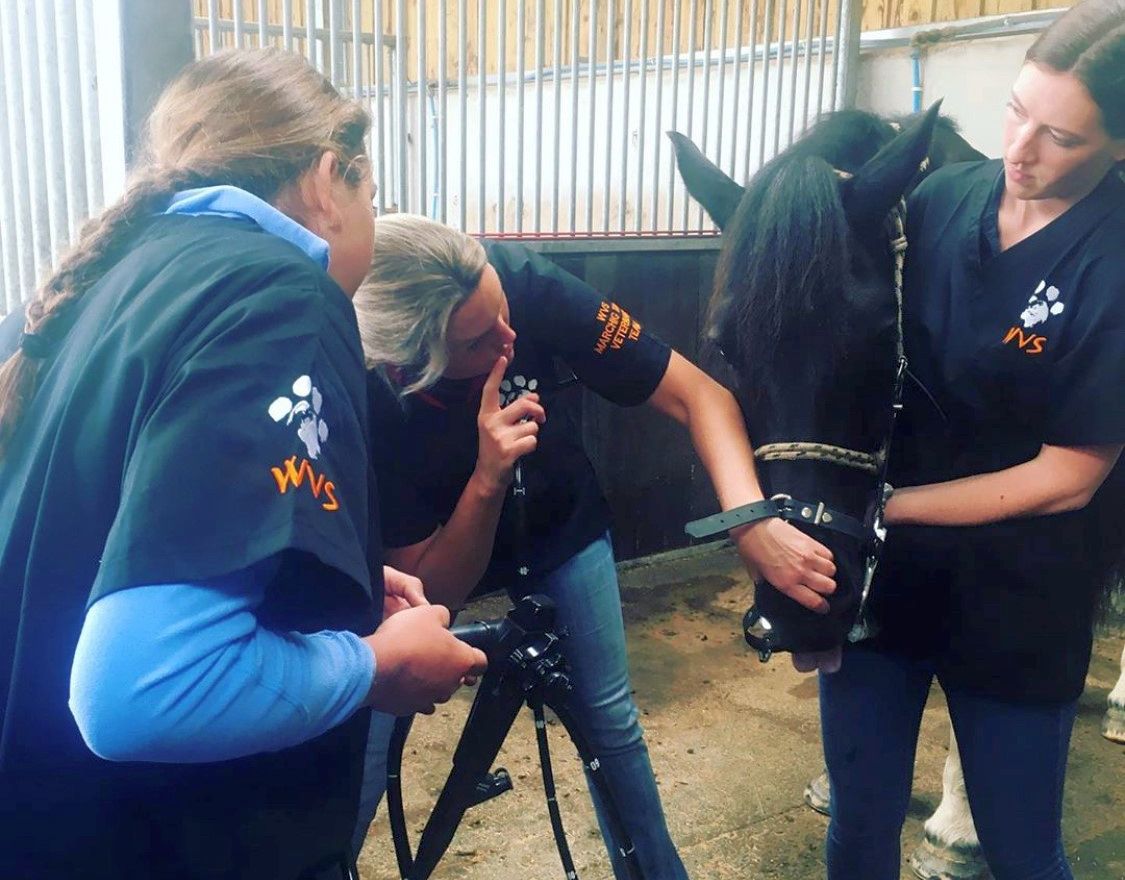The collapse of tourism in places like India has had a devastating impact on working animals. Horses in Ooty, India, are amongst some of the hardest hit.
The ongoing lockdown has meant horse owners, whose livelihoods would usually be sustained by tourism activities such as horse riding and carriage rides, have been struggling. These unprecedented times have left families – and inevitably the horses – in a difficult situation. Many owners have had no choice but to let their horses roam on the streets in search of food and shelter. Without proper nutrition or care, they're vulnerable to illnesses and injuries, and at risk of road traffic accidents, particularly at night.
With the support of WTG, we work with horse owners in these areas to improve the standard of care these animals receive. In 2020, this work is more important than ever before.

Mobile Veterinary Clinic: Equine Care
As part of this program, we run free monthly clinics to give all horse owners access to expert veterinary care. Everything from routine vaccinations, deworming, hoof care, and dental checks to treatment for injuries and illness – and since the pandemic began, feed supplies such as oats and wheat bran.

The regular clinics help keep the horses healthy and happy, as well as allow the veterinary team to build a rapport with the owners. So, when there is an emergency or the owners are seeking treatment for their animal, they will come to our veterinary team for support and guidance, to give the animal the best care possible.


Here are just three of the many cases our team has attended to during the pandemic.
Foal: Injured on the Roads

Our team was called out to examine a foal after it was involved in a road traffic accident. She had sustained a lacerated wound to the end of her right forelimb.

Whilst sedated, her wound was cleaned and aseptically prepared, before being closed using cruciate sutures. The young horse was given a three-day course of antibiotics and the team returned each day to flush and bandage the wound until it had healed.
Horse: Showing Signs of Illness
A Kathiawari, a breed of horse from the Kathiawar peninsula in western India was brought to the equine clinic with symptoms of colic. Following a clinical examination, the horse was treated with liquid paraffin and water via nasogastric intubation, twice, to lubricate the digestive tract and encourage any blockages to pass or disperse. Fortunately, the horse passed the obstructing foreign body, which consisted of plastics and general waste – and it was relieved of colic.
Did you know? When foraging for food on the streets, horses and other free-roaming animals sometimes eat discarded rubbish. Our team works with owners to educate them about this risk but to also provide them with nutritional feed during the current crisis.

Horse: Sustained Serious Leg Wound
A thoroughbred horse was presented to the clinic with a chronic, infected wound on its right front leg. The veterinary team completed a full examination of the horse, before flushing, cleaning, and applying topical antibiotics to the wound. They showed the owner step-by-step how to do this and supplied him with everything he'd need, so he could repeat it twice daily, for five days, and help his animal heal.

Practical Veterinary Course: Equine Care
Separate to our project in India, we also offer training for veterinary students and graduates in the UK who are interested in working with equines. The five-day course in equine ambulatory essential skills gives participants a practical insight into the hardcore work our teams face abroad, where we often see an excess of 100 cases per day.
